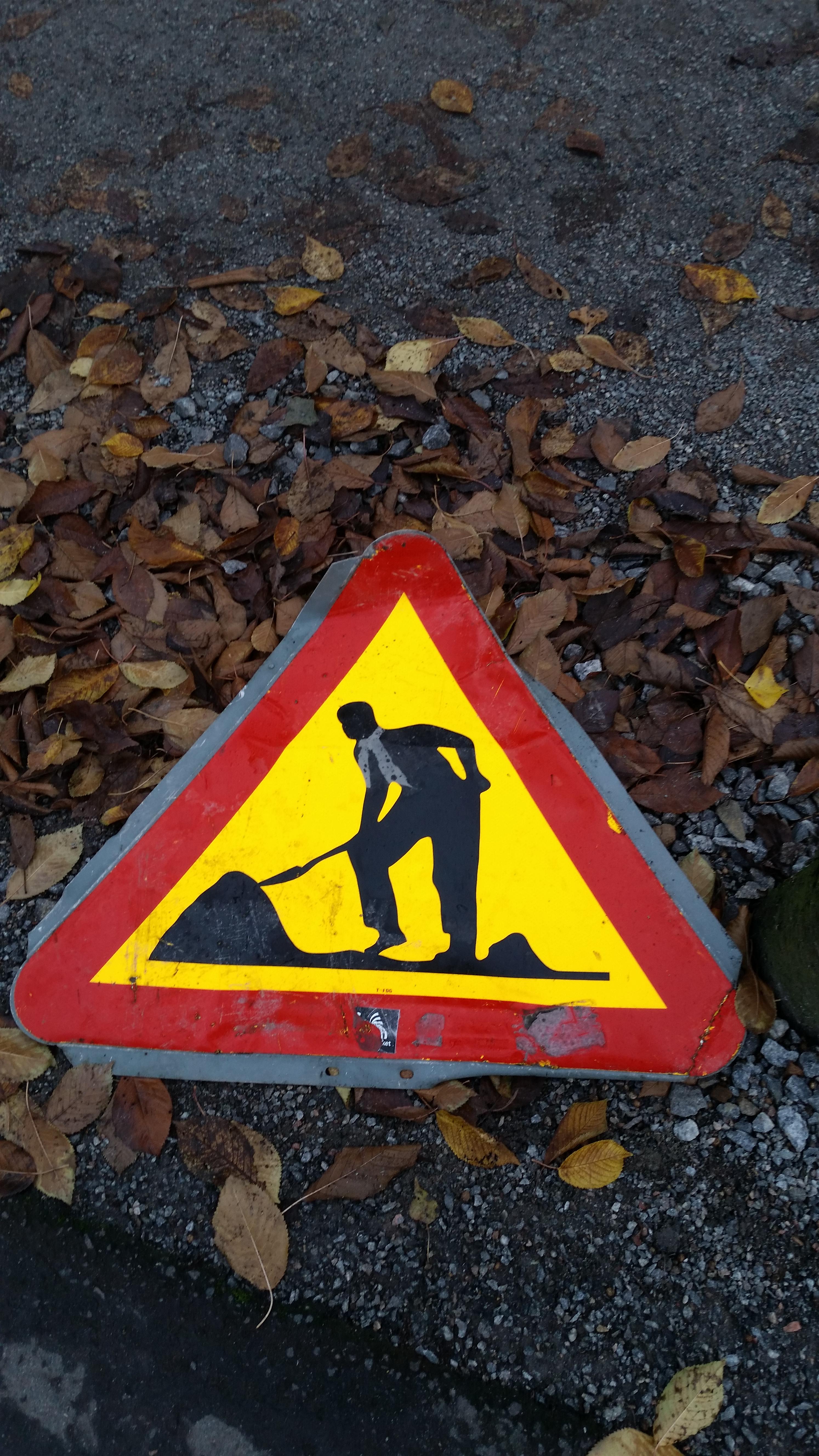Writers can walk through life with our eyes wide open.
Poet Robert Frost said, “How many things have to happen to you before something occurs to you?”
The experiences of our lives provide rich fodder for our writing endeavors. The people we meet, the hurts we endure, and the occasional victories we enjoy offer material worth pondering.
If we write fiction, relationships through the years offer inspiration for potential characters in our works. That weird habit of a co-worker, the unusual personality of a cousin, or the favorite pastime of a parent may resurface in people we create in our writing years later.
As we write nonfiction, a wealth of experiences can present valuable jewels to help our readers. Maybe we worked with a person with a deep rejection issue. That experience helps us write to people dealing with rejection. We may remember the pain of losing a pet as a child and be able to communicate that in an article to help children. Perhaps we moved several times as young adults and can produce copy with practical suggestions on how to prepare for a move.
Here are five ways to mine the experiences of our lives and keep our eyes wide open:
1. Make a list of at least thirty people from your life. Write one to three specific qualities about them – positive or negative. Maybe your uncle Joe always chewed Juicy Fruit, or your first grade teacher was always sad because she was going through a divorce, or your grandfather listened to Billy Graham at night on his alarm clock radio?
2. Write down the ten most enjoyable experiences of your life and the ten hardest ones. What did you learn from each one?
3. What are the ten most significant books that have changed your life? Write down one sentence for each one about what you learned.
4. Consider what are the ten most life-changing conversations you ever had. Where were you? Why did it change you? It may be when your father took you out to lunch alone and told you that he and your mother were getting a divorce. Or you talked with a college professor in his office, and endless avenues seemed to open up in your brain about possible careers to pursue. Or a friend affirmed something very deep inside of you over coffee one day.
5. Remember seven distinct places that had seven distinct smells. What comes to mind as you remember those places and smells. Your college dorm room? Your grandmother’s kitchen? Your father’s workshop? Your favorite restaurant as a teenager?
As you answer these questions, hopefully new wine will start pouring forth to inspire possibilities for writing. What can you learn from these people, places, and memories?
Henry Ford said, “The only real mistake is the one from which we learn nothing.”





No Comments